Beijing, Chongqing, Henan, Jiangsu, Zhejiang, Guangdong, Sichuan, Hainan……a number of provinces and regions across China report that they have already past the first peak of COVID-19 infections as number of patients at fever clinics in these regions continues to fall.
Beijing has past the infection peak with new community-wide immunity already built up, according to Beijing's acting mayor Yin Yong during an interview with CCTV.
Yin emphasized that downgrading the virus management from Class A to Class B doesn't mean leaving it alone and that the government must take responsibility, including strengthening monitoring new mutations of the virus to ensure new infections do not disrupt social order and everyday life.
Beijing officials said the city still faces a tough task in treating severe cases in hospitals' outpatient clinics and emergency departments after the peak of infections.
Outside of Beijing, many cities in Central China's Henan and East China's Zhejiang and Jiangsu provinces, Southwest China's Chongqing municipality and Sichuan Province, as well as in South China's Guangdong and Hainan provinces, also announced that the number of people infected by COVID-19 had reached its peak.
Jiangsu officials confirmed that the number of people visiting fever clinics across the whole province had seen a rapid rise since December 8 in 2022, hitting its peak on December 27. While the peak in rural parts of the province arrived a little bit late than in the cities, and the number has also begun to decline.
Chongqing health officials said the number of people receiving treatment at fever clinics from hospitals at all levels fell sharply after December 20, with the municipality passing its peak period between December 12 and December 23. Sichuan's daily infections are also declining with more than 80 percent of residents in Sichuan having been infected.
The city of Foshan and Huizhou in Guangdong, as well as the city of Sanya and Haikou in Hainan, said the peak was in late December and they have bridged over their peak infection period.
As the first infection peak has passed in many Chinese cities, experts said that the second wave of infection is estimated to reach its height between May and June in 2023.
During the second infection peak, 25 to 50 percent of people may be infected but probably with milder symptoms as the virus' virulence becomes increasingly weaker, Zhang Wenhong, head of the infectious disease department at Huashan Hospital in Shanghai, who is also director of the National Center for Infectious Diseases, was quoted as saying in media reports.









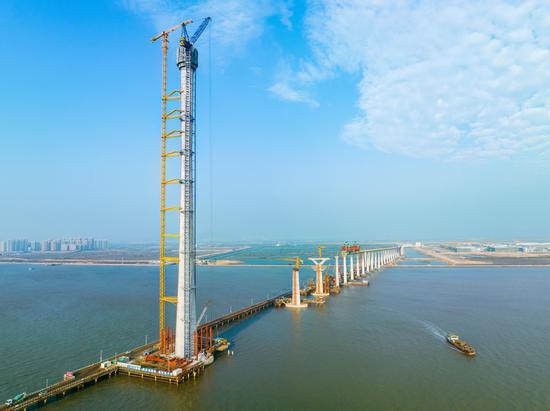
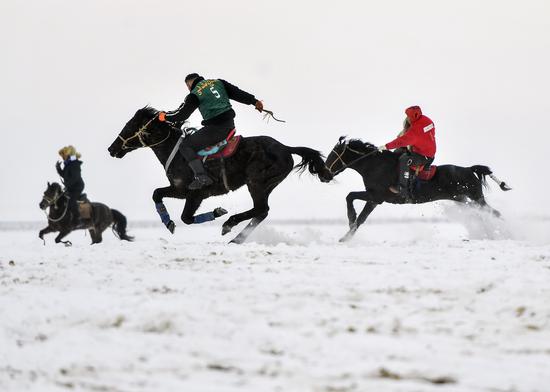
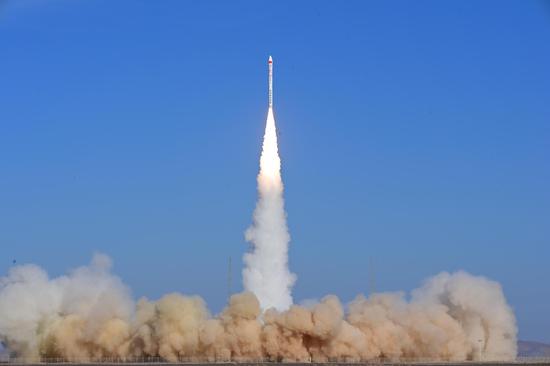

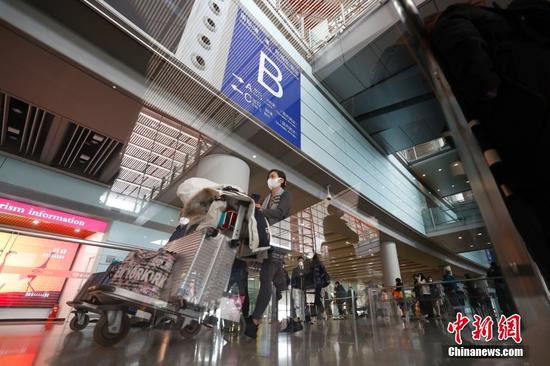

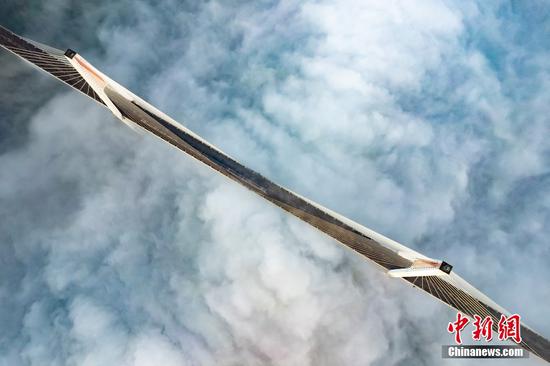

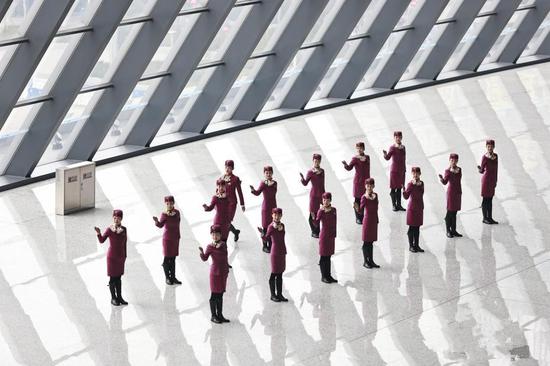
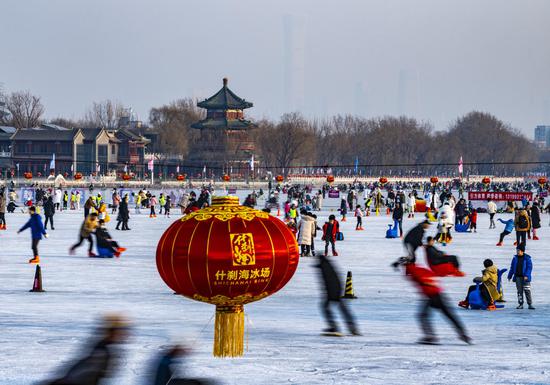


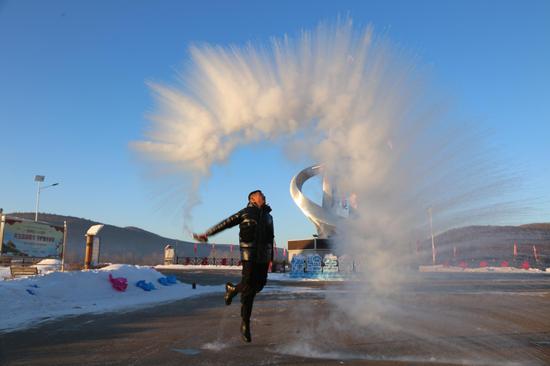
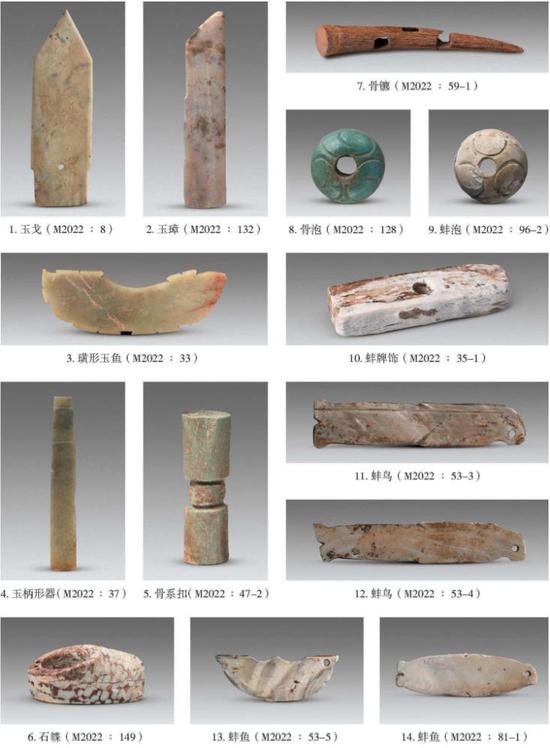

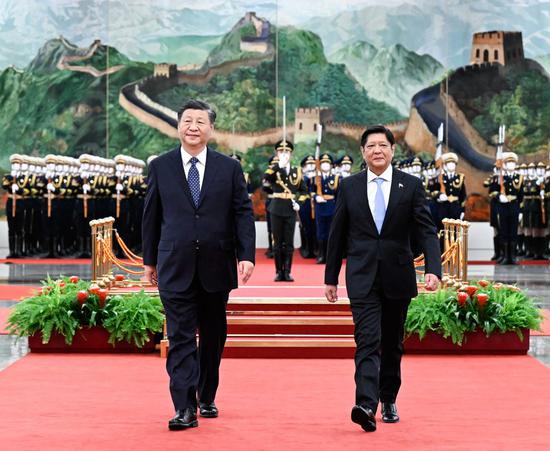
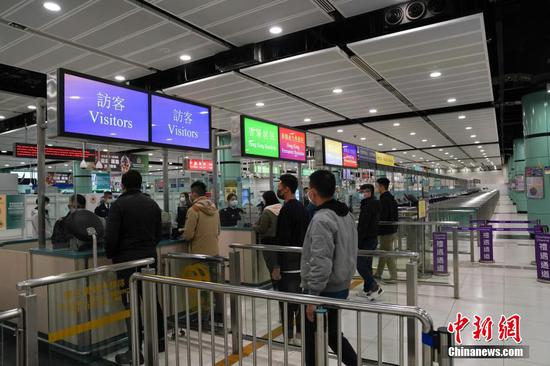
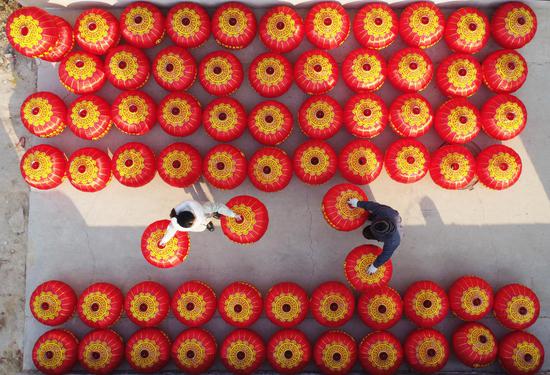
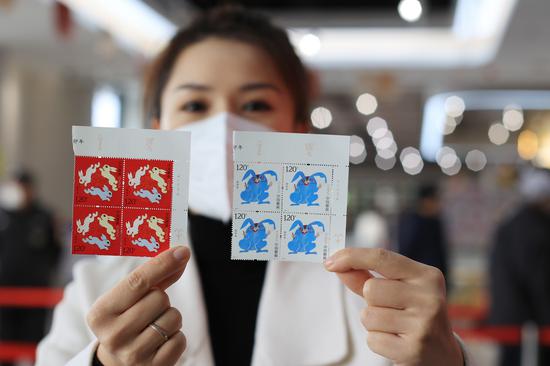
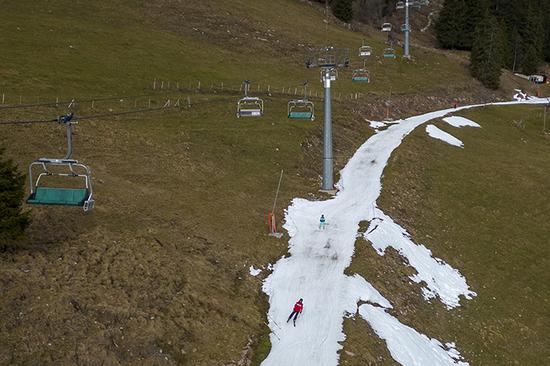


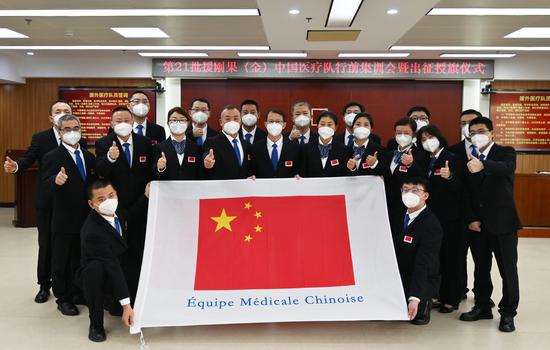



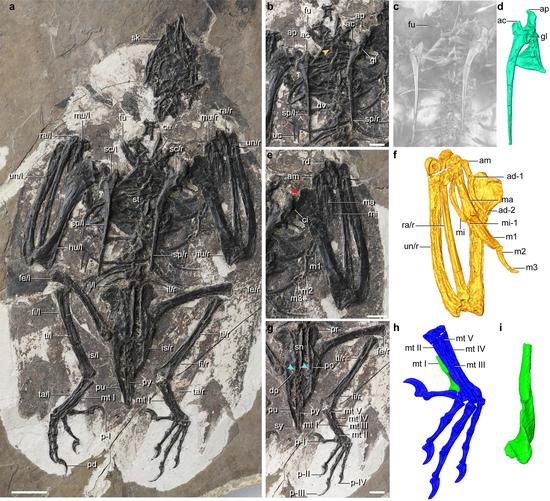





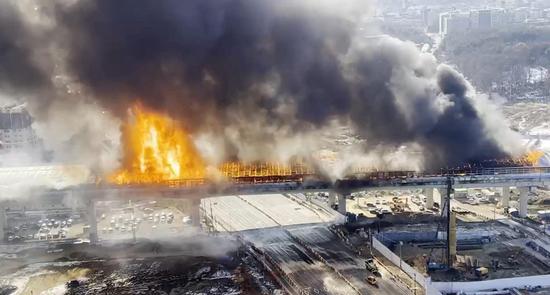






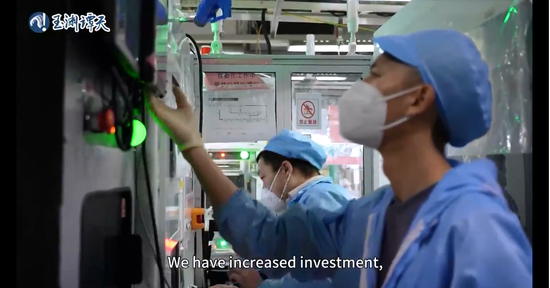

 京公网安备 11010202009201号
京公网安备 11010202009201号